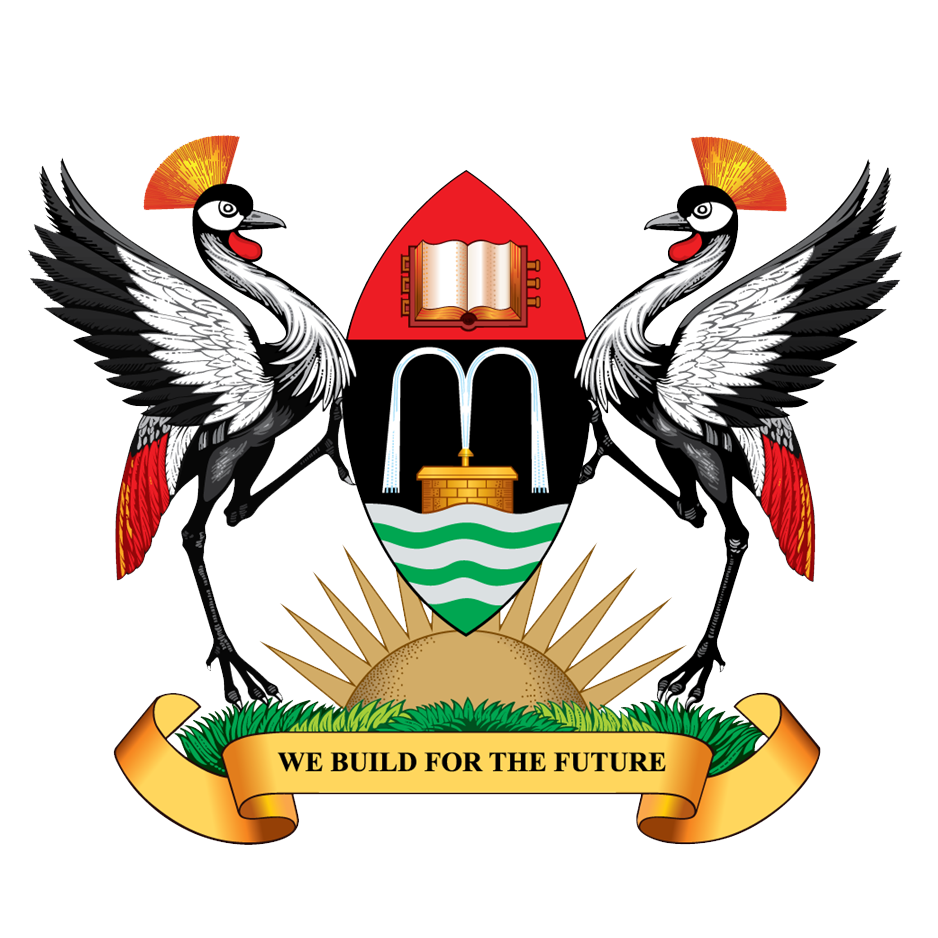pr.cns@mak.ac.ug
Mak-CoNAS Launches NutriFishPlus Project
*****The project was officially launched on 28th October 2025, followed by planning meetings on 29th and 30th. It will be implemented at landing sites around Lakes Victoria, Kyoga and Albert.
Following the successful implementation of the NutriFish Project ( 2019-2023), Makerere University has been awarded a new grant worth about UGX2 Billion to expand activities and deepen community impact through the NutriFishPlus Project.
Funded by the International Development Research Centre (IDRC) and the Australian Centre for International Agricultural Research (ACIAR) under the Cultivate Africa’s Future Fund Phase II (CultiAF2), the NutriFishPlus Project seeks to enhance the incomes and livelihoods of fishing communities in Uganda.
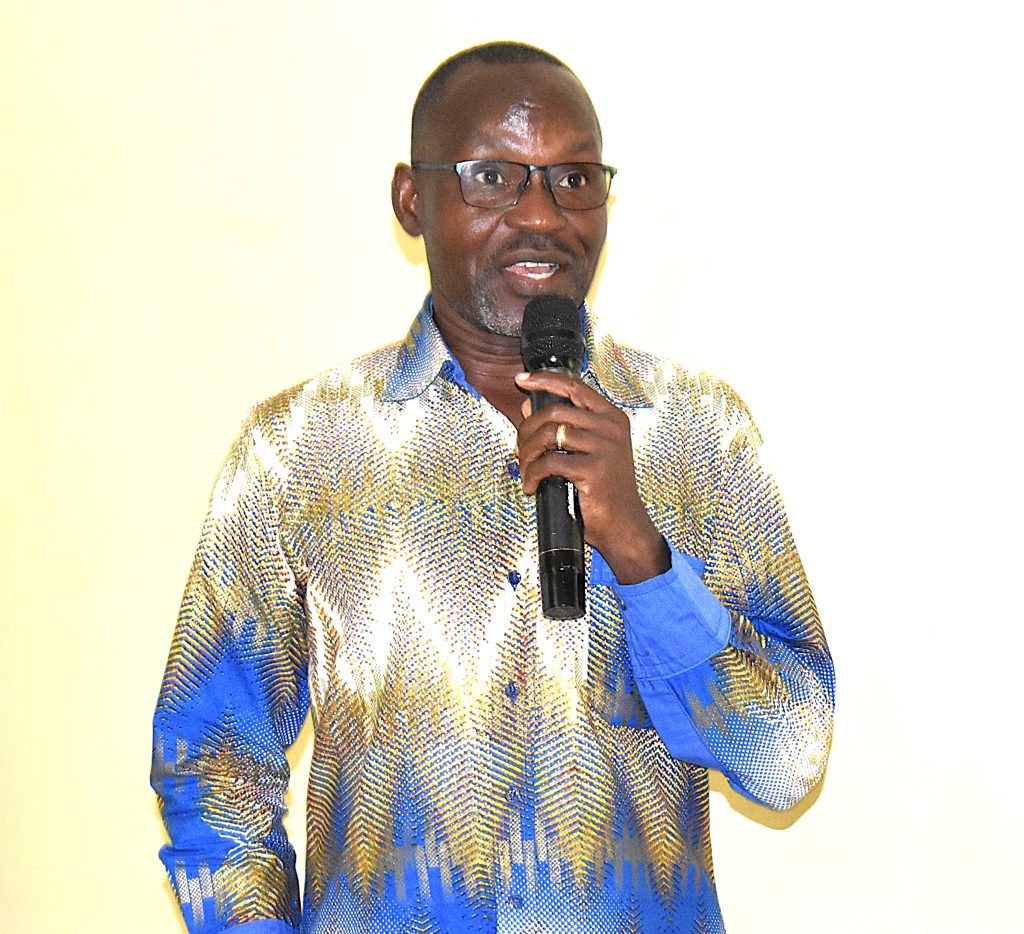
The project was officially launched on 28th October 2025 by the Ag. Deputy Vice Chancellor (Finance and Administration) at Makerere University, Prof. Winston Tumps Ireeta. Building on the achievements of phase one, NutriFishPlus will focus on:
1. Scaling up the use of improved and sustainable fishing technologies, including solar tent driers and raised racks, to reach new communities across Uganda.
2. Enhancing market access and strengthening supply chain linkages for high-quality fish and fish-based products.
3. Empowering women and other vulnerable groups and strengthening community resilience through diversified income-generating activities.
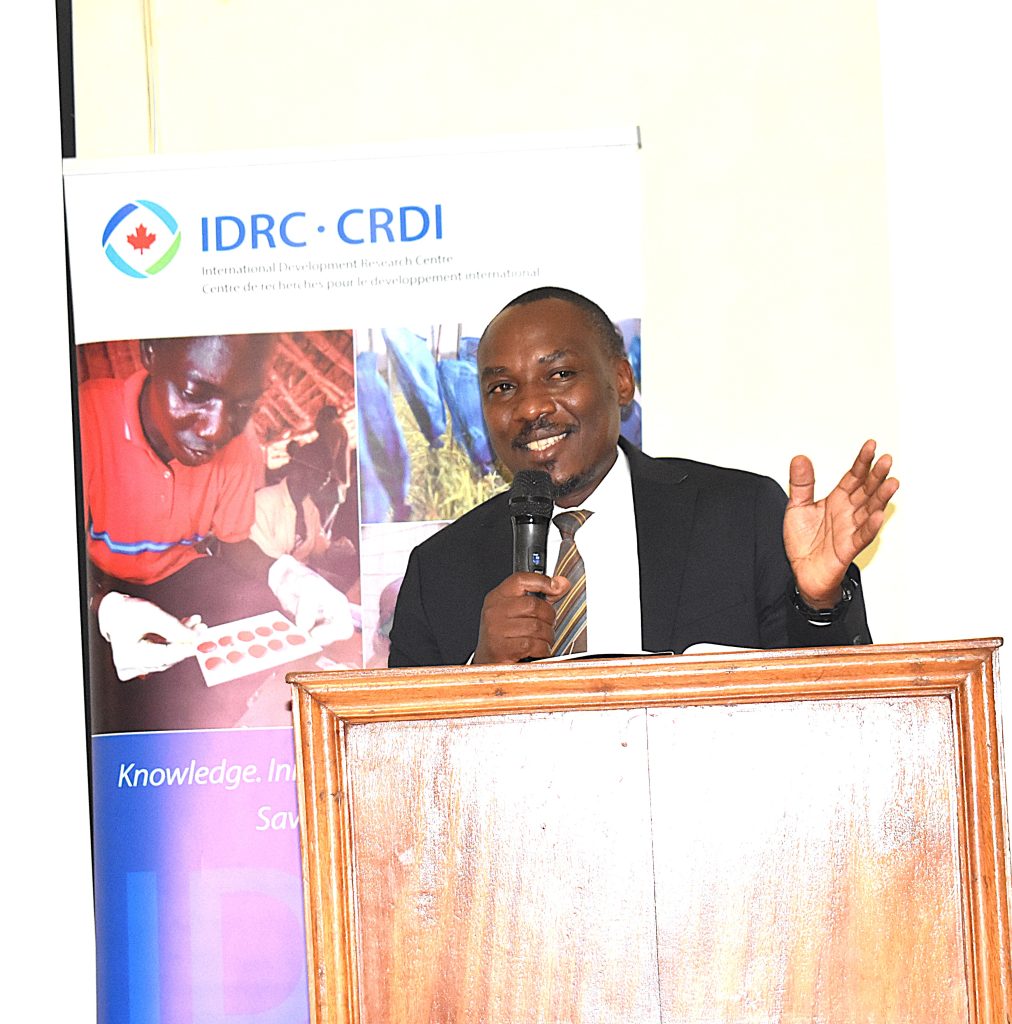
The project is expected to deliver the following outcomes:
1. Improved incomes and livelihoods for the marginalized fishing groups, particularly women and youth.
2. Better health and nutrition outcomes through the development of diversified, market-embedded fish products.
3. Establishment of sustainable fish processing and marketing models that can be replicated across Uganda and the East African region.
4. Improved participation of women and youth in decision-making and benefit-sharing within the Small Pelagic Fishes (SPFs) value chain.
5. Enhanced socioeconomic conditions and ecosystem health through participatory and scalable approaches.
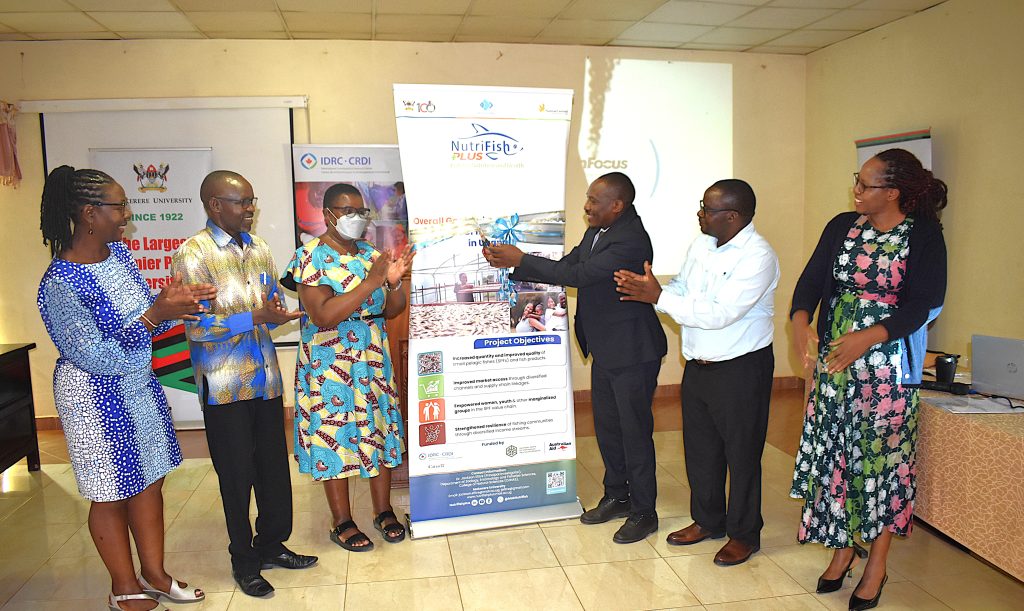
The project will run from September 2025 to March 2028 and will be implemented by the Department of Zoology, Entomology, and Fisheries Sciences at Makerere University, in collaboration with two private companies (Nutreal Ltd and Kati Farms Ltd) under a public-private partnership. Project activities will be carried out at five landing sites around Lakes Victoria, Kyoga and Albert. These include Katosi and Kikondo landing sites in Mukono and Buikwe districts respectively, Bangaladesh and Kayago landing sites in Amolatar District, and Dei landing site in Pakwach District. The project will be coordinated by Dr Jackson Efitre, Senior Lecturer at the Department of Zoology, Entomology, and Fisheries Sciences at Makerere.
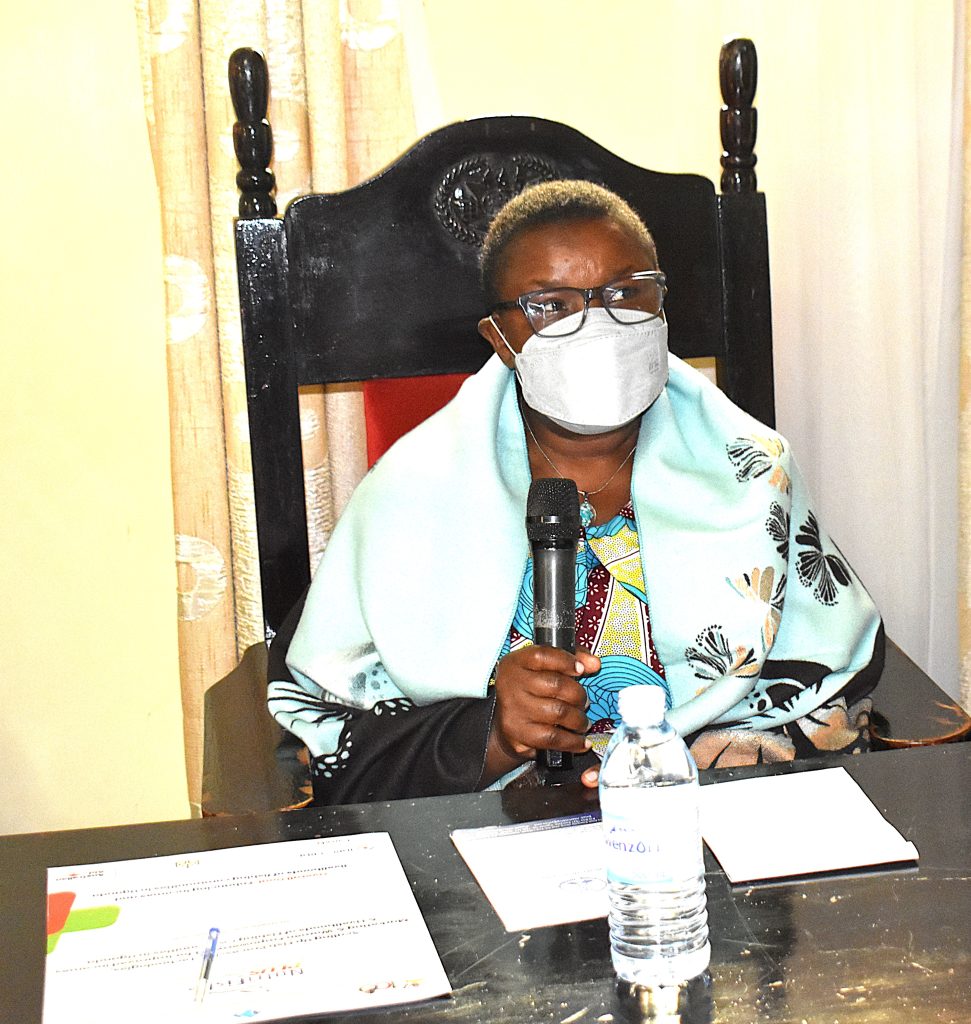
Inception and planning meetings
The NutriFishPlus Project team convened a three-day stakeholder engagement from 28th to 30th October 2025 to officially launch the project and collaboratively develop an implementation plan.
The workshop brought together a wide range of participants, including government representatives, researchers, private sector actors, and development partners. The primary objective was to foster a shared understanding of the project’s overarching goals, and design strategic pathways for achieving sustainable scaling and impact.
Discussions focused on deepening understanding of the scaling journey, and the interconnections among the different work packages and their respective pathways to scale. Participants explored how adaptive and transformative approaches can be integrated into the project’s dynamic monitoring, evaluation and learning (MEL) framework.
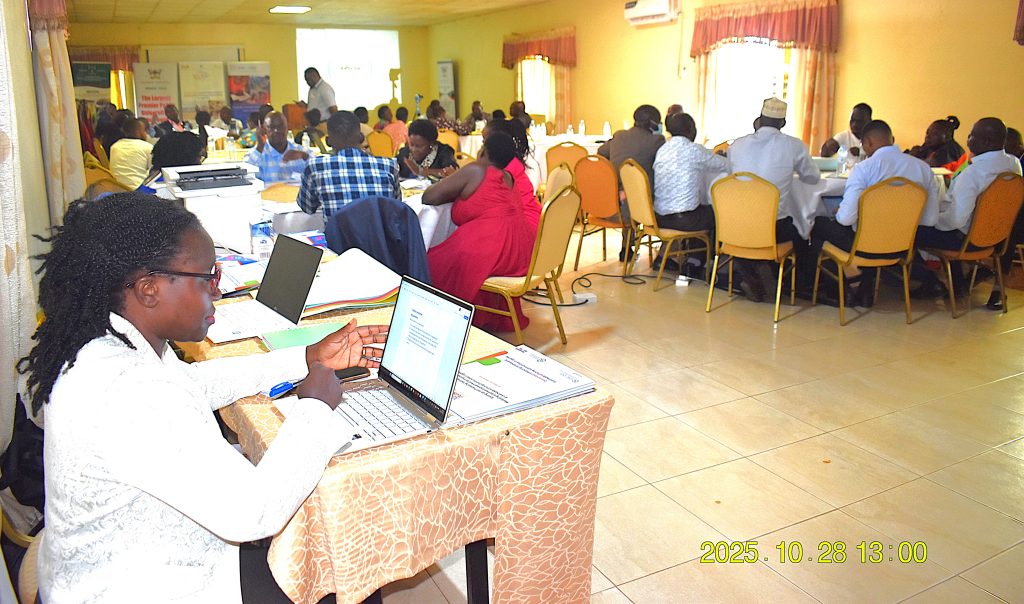
The team also reviewed the existing outputs and outcomes to identify key evidence that can inform adaptive monitoring. Through collaborative dialogue, stakeholders worked to identify appropriate indicators and progress markers that reflect the project’s adaptive learning and scaling dimensions, ensuring alignment with both the project objectives and national development priorities.
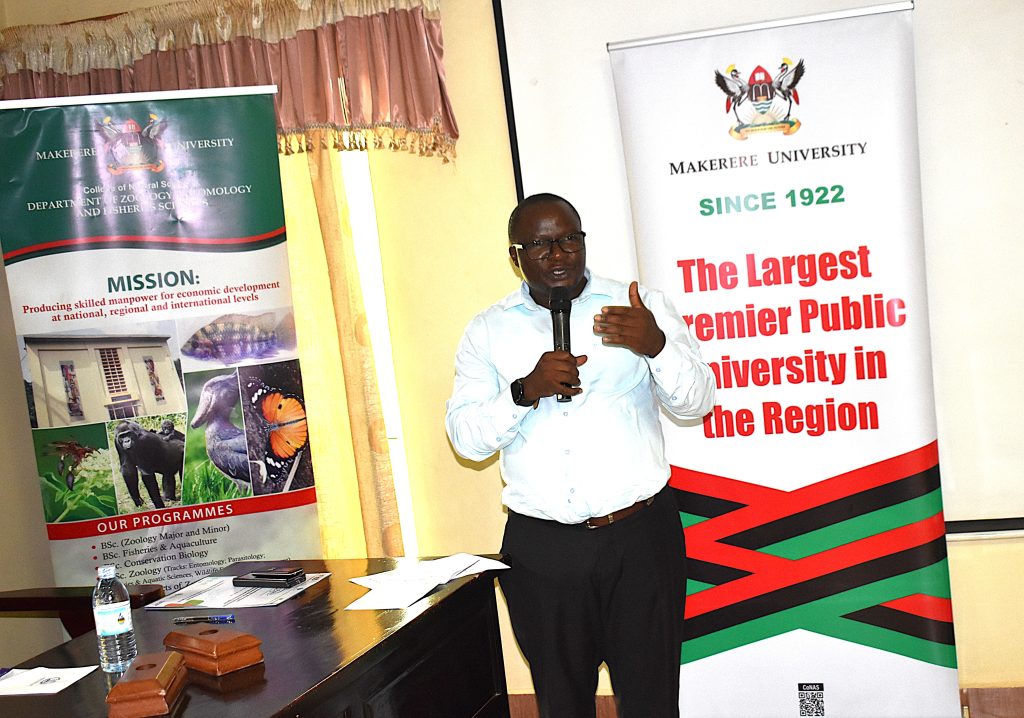
A major outcome of the workshop was the joint development of a detailed implementation plan for the project’s four interlinked work packages, which aim to:
1. Enhance nutrition and health outcomes among vulnerable groups through the diversification of fish products and market innovations;
2. Promote alternative and resilient livelihoods within small-scale fisheries and related value chains;
3. Advance inclusivity and participation of marginalized groups, particularly women and youth in the Small Pelagic Fishes value chain through policy reform, advocacy, and enforcement; and
4. Strengthen fish processing technologies and post-harvest management practices to improve food safety, quality, and value addition.
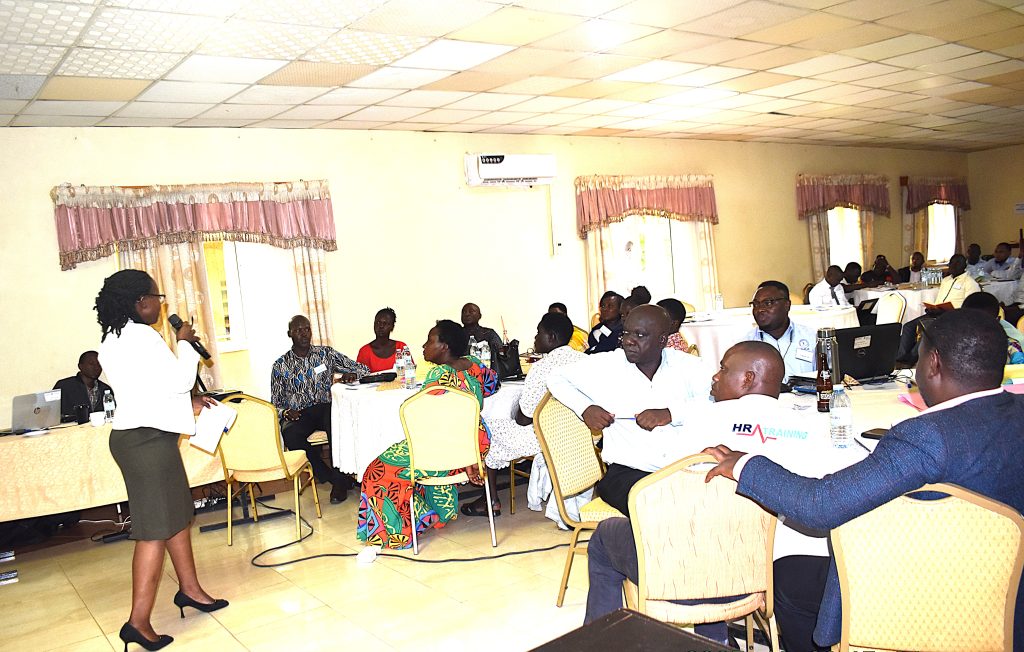
Overall, the inception workshop provided a strong foundation for coordinated implementation of the project, and established a clear roadmap for achieving the NutriFishPlus vision of improving nutrition, livelihoods, and sustainability through fisheries-based innovations.
Remarks by the University officials and development partners
Addressing the participants, the Guest of Honour, Prof. Winston Tumps Ireeta, Deputy Vice Chancellor in charge of Finance and Administration at Makerere University, commended the project team for the achievement. He also expressed gratitude to the project funders – the International Development Research Centre (IDRC) and the Australian Centre for International Agricultural Research (ACIAR) – for their steadfast support and dedication to improving the livelihoods of fishing communities in Uganda. “The NutriFishPlus project highlights Makerere University’s commitment to being a research-driven institution,” he said. “It also strengthens the University’s leadership in translating research into tangible, real-world outcomes that drive sustainable development and enhance public health.” On behalf of Makerere University Management, Prof. Ireeta assured continued support for the successful implementation of the project.
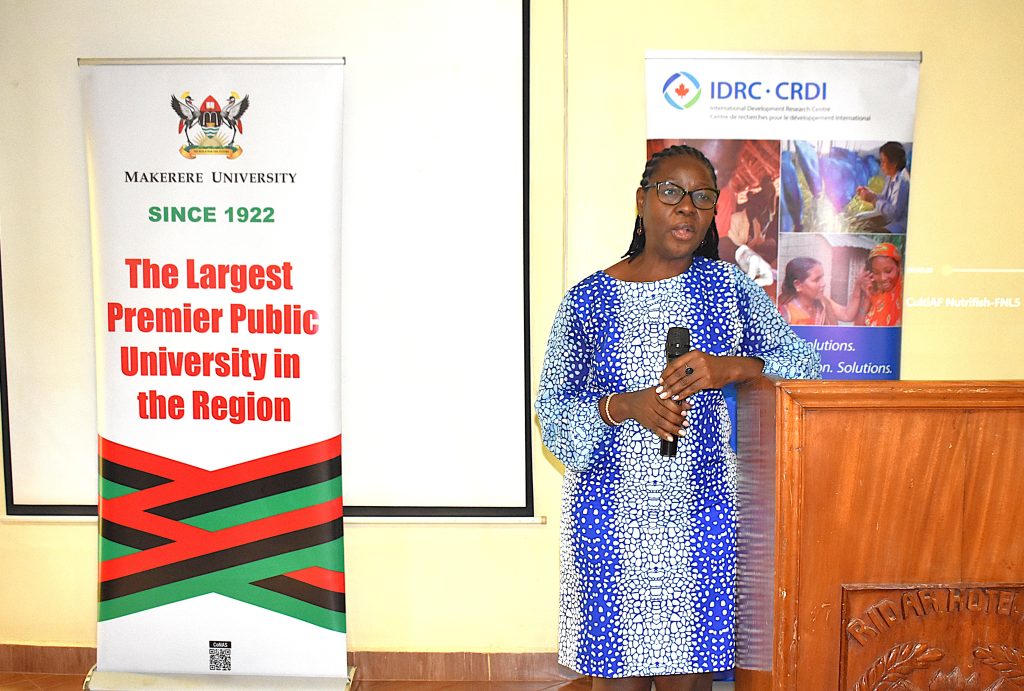
Dr. Edidah Lubega Ampaire, Senior Programme Specialist at the International Development Research Centre (IDRC), congratulated the project team upon securing the second grant. She emphasized that the IDRC is committed to supporting applied research that delivers tangible benefits to communities, noting that the team had demonstrated this through their success with the NutriFish project. “The IDRC invests in research that has the potential to transform livelihoods,” Dr. Ampaire said. “We look forward to seeing how the NutriFishPlus Project will build upon the achievements of the previous phase to scale up impact beyond the pilot phase. It is equally important that the project contributes to fostering meaningful policy reforms and strengthening enforcement mechanisms to ensure long-term, sustainable outcomes.”
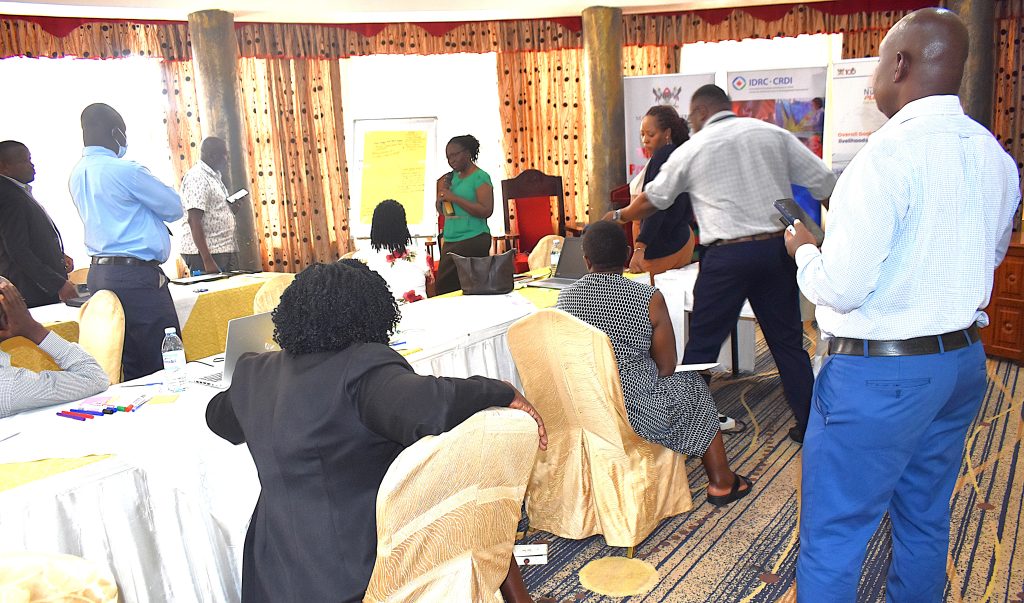
During the session, Ms. Dena Lomofsky, an experienced researcher and MEL expert, guided participants through the key components of scaling science. Her presentation explored the theoretical foundations, guiding principles, and strategic approaches required to transform research findings into scalable and sustainable solutions.
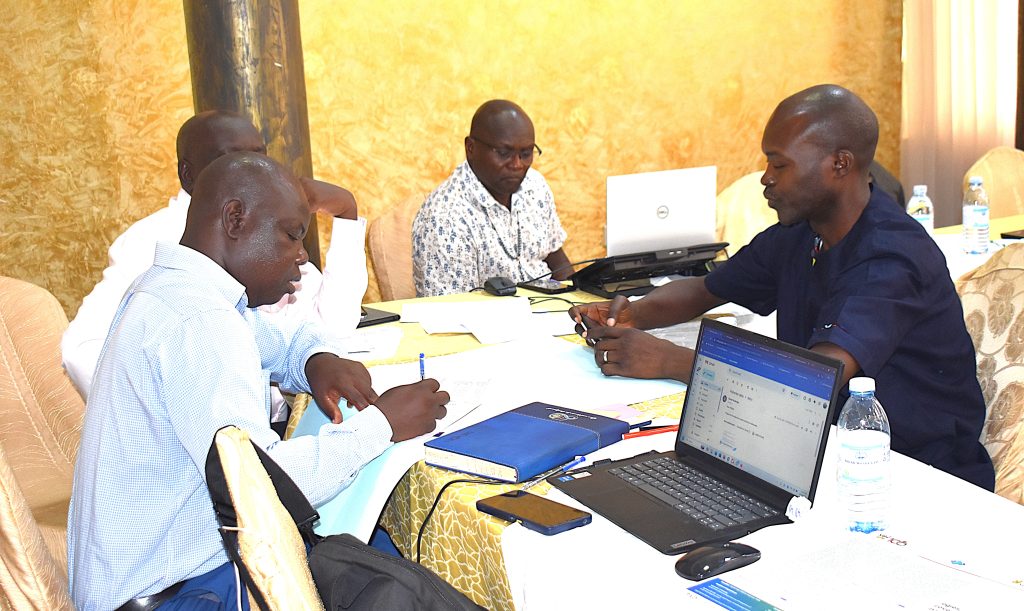
Briefing participants on their activities, Dr. Dorothy Nakimbugwe from Nutreal Ltd, a private company collaborating with the NutriFishPlus Project, underscored the crucial role of private sector involvement in research initiatives. She emphasized that engaging private enterprises not only enhances the practical application of research outcomes but also plays a pivotal role in scaling innovations and maximizing their impact.
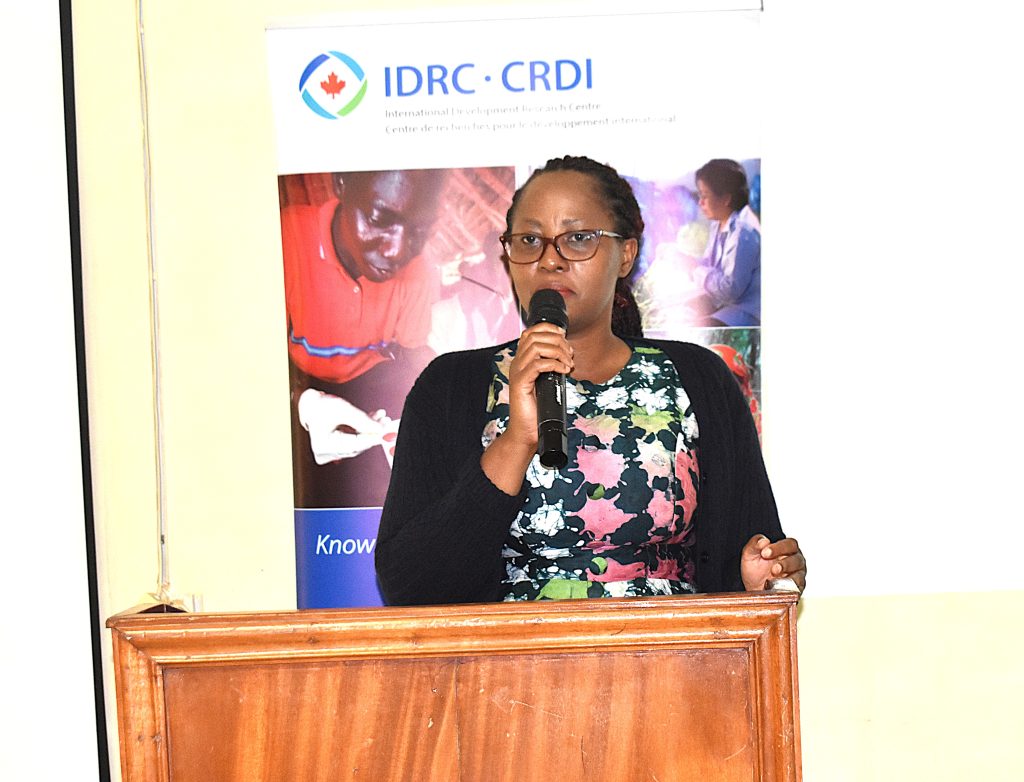
Ms. Lovin Kobusingye of Kati Farms Ltd expressed gratitude to the project team and funders for the initiative. “At Kati Farms, we are truly honored to be part of this journey. Our passion has always been to transform Uganda’s fisheries sector through value addition, innovation, and inclusive growth. The NutriFishPlus Project aligns perfectly with this mission, as it aims to improve the incomes and livelihoods of fishing communities through diverse interventions. As Kati Farms, our commitment is to ensure that the products developed under this project meet the highest quality standards and reach both local and international markets. Together, as partners, let us move forward with a shared vision, to make NutriFishPlus not just a research project, but a transformative movement that uplifts fishing communities, enhances nutrition, and promotes gender equality within and beyond our borders.”
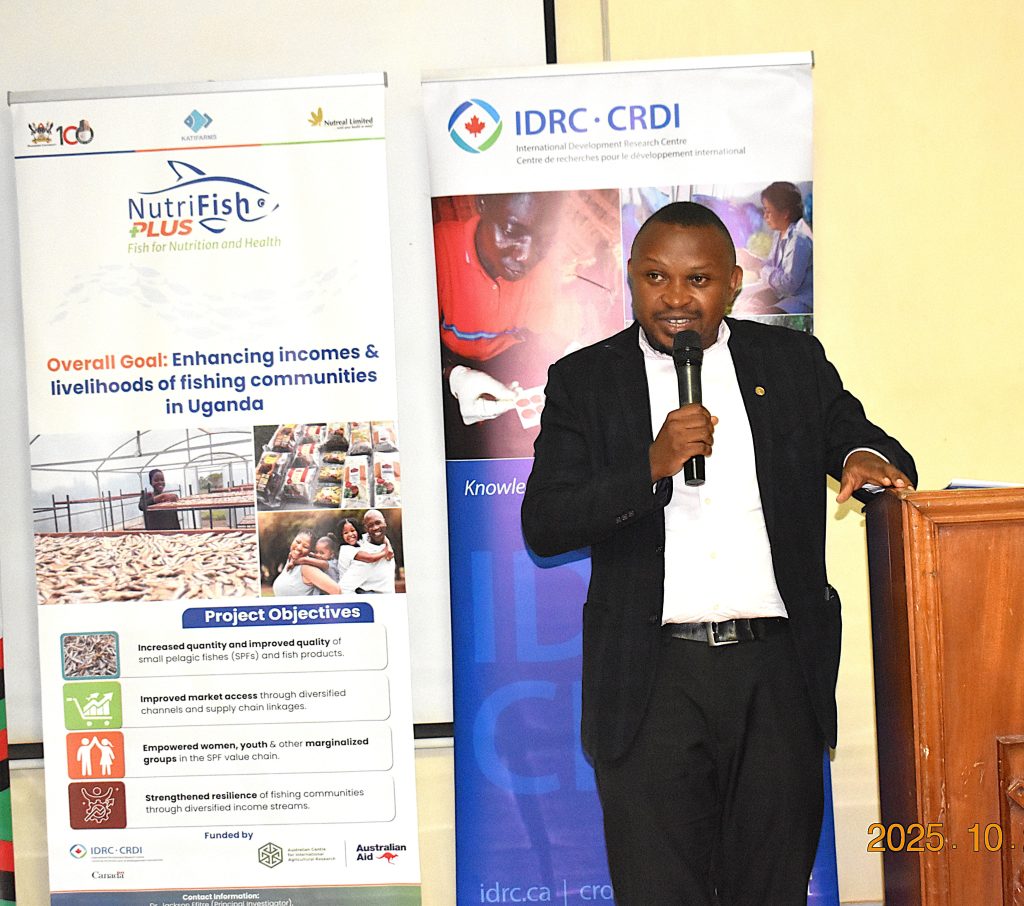
Mr. Isaac Kirabira from the Ministry of Agriculture, Animal Industry, and Fisheries expressed the Ministry’s commitment to supporting the project, emphasizing that empowering women, youth, and other vulnerable groups is essential not only for improving livelihoods but also for restoring dignity.
In his remarks, Dr. Godfrey Kawooya Kubiriza, Head of the Department of Zoology, Entomology, and Fisheries Sciences at Makerere University, equally appreciated the project team and the funders. “Our Department is proud to contribute to the NutriFishPlus Project. Initiatives of this nature provide a valuable platform for translating our research into practical solutions that reach communities, thereby creating meaningful and tangible impact.”
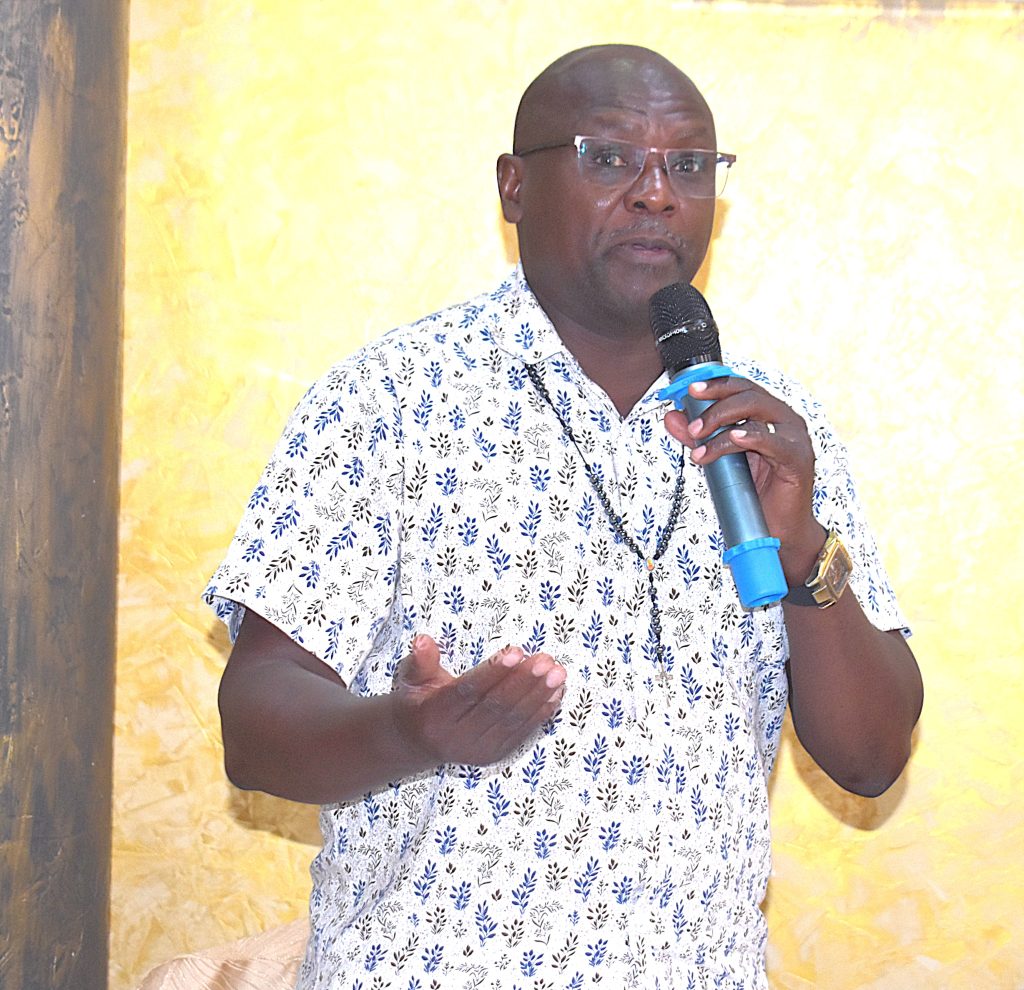
Achievements registered during Phase One
The achievements included:
- Establishing group savings schemes to improve access to capital by women and youth;
- Piloting solar tent dryers for processing silver fish (mukene), resulting in doubling of women’s incomes and tripling of the shelf-life to almost five months;
- Developing and test-marketing certified, nutrient-enriched fish products, including baby food, sauce and fortified maize meal;
- Conducting comprehensive social and behavioural change interventions, leading to increased women’s participation in profitable ventures and 30% reduction in domestic violence in intervention areas.
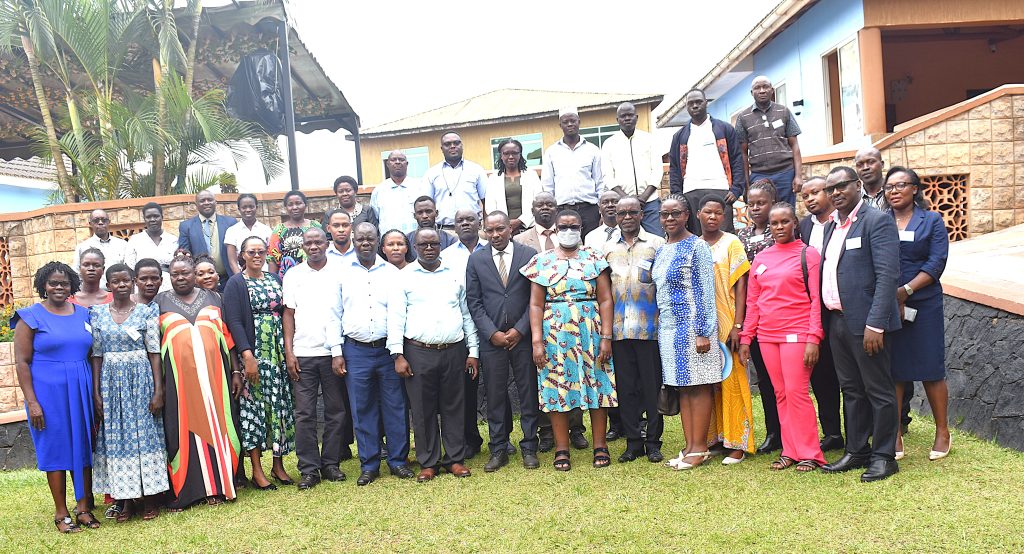
Link to the workshop pictorial: https://drive.google.com/drive/folders/1Wwd9kSsKpd6aZ6YrFL1uVveh2BSG36cV?usp=sharing

